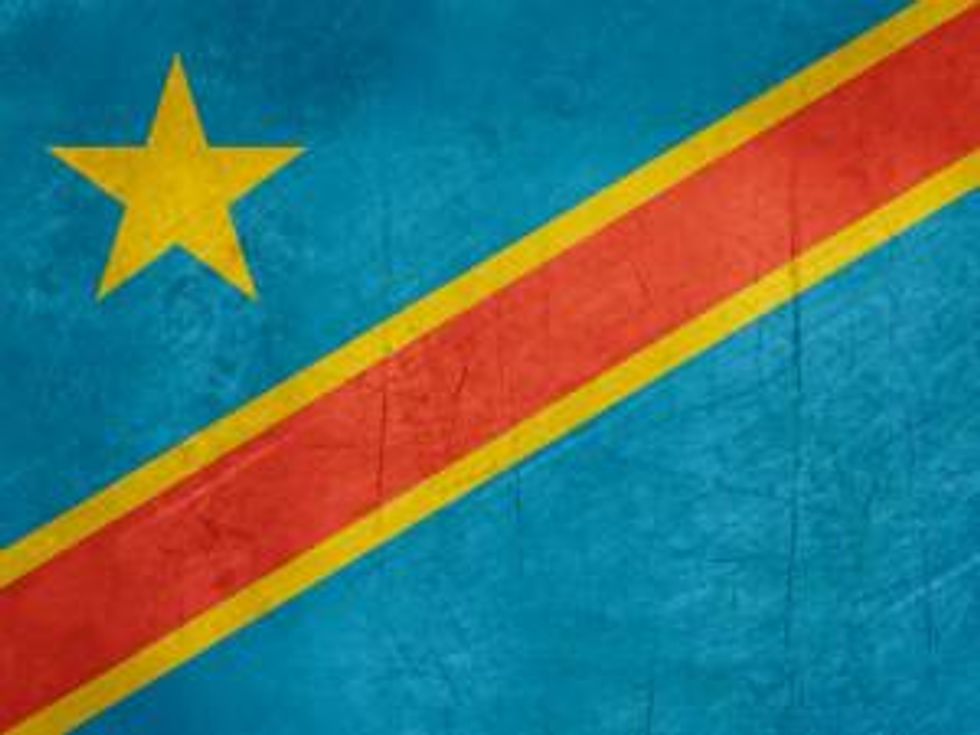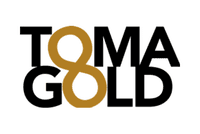Though there is a risk that rebel activity could prompt war, miners claiming that they are not affected have vowed to proceed with their projects.
M23 rebels are refusing to withdraw from Goma, the capital of the Democratic Republic of the Congo’s (DRC) mineral-rich North Kivu province. “They have refused to leave the city of Goma. This is a declaration of war, and we intend to resume combat,” said Colonel Olivier Hamuli, a spokesperson for the Congolese military.
The M23, or March 23 Movement, largely consists of former Tutsi rebels who were incorporated into the national army, FARDC, under a peace deal. These rebels broke away and formed the M23 about eight months ago.
The group has made notable advances in the DRC’s eastern region and now controls a significant portion of North Kivu. The rebels have announced that they intend to seize Bukavu, the capital of South Kivu, another mineral-rich province, and have even threatened to liberate the DRC by marching to the nation’s capital, Kinshasa, to overthrow the Joseph Kabila-led government.
Leaders of the Great Lakes region met last week following the capture of Goma and set a deadline for the rebels’ withdrawal. Addressing reporters on Tuesday, Jean-Marie Runiga vowed that the M23 will fight FARDC to hold the city.
A leaked report from a UN panel of experts accuses Rwanda, and to a lesser extent Uganda, of backing the group. Both countries have denied the allegations. But experts say the rebels could not carry out operations and maintain control of newly gained positions on their own.
The rise of the M23′s prominence is destabilizing the northeastern part of the country, which hosts an array of armed groups. Killings, home burnings, rapes and the recruitment of child soldiers have all increased and are not limited to the M23, though the group has reportedly engaged in very atrocious acts, such executing and burying children alive.
Over 1.5 million people were reportedly displaced as of September. This number is believed to be growing as people are fleeing in fear that the violence is about to intensify.
Although it is mineral rich, with natural gifts including the Twangiza-Namoya gold region, where estimated gold resources exceed 20 million ounces, the DRC is one of the poorest countries in world.
Some of the country’s economic downfall can be directly attributed to its inability to control the trade of resources such as gold, which widely benefits organized crime rings and armed groups, including the FARDC, as opposed to citizens.
International due diligence efforts designed to prevent armed groups from benefiting from mineral resources have had little effect on the DRC’s gold trade, the UN panel of experts revealed.
Its report outlines an array of illicit gold activities ranging from a faction of FARDC imposing weekly taxes on gold-crushing machines in Misisi to rebel group FRPI controlling the gold mining site of Bavi. Gold from Bavi is reportedly of superior quality and FRPI taxes it, sells it and exchanges the metal for guns and ammunition.
Much of the gold mining in the DRC is done by artisanal miners and the UN report states that insecurity at gold mining sites all over eastern DRC is still widespread.
Smuggling remains a major problem, as that is how most of the gold from the east of the DRC reportedly leaves the country, much of it apparently making its way to Dubai.
Still, mining, which accounted for 12 percent of GDP in 2010, is the largest source of direct foreign investment. The sector has already suffered from publicity over conflict minerals and there are concerns that the current rebel activity and potential for war could have further negative effects.
But amid the violence, turmoil and smuggling, mining companies with gold projects in the area report that while they are monitoring the situation, they are not near the rebel action and are virtually unaffected — except perhaps by the impact that nervous investors are having on their stocks.
Banro Resources (NYSE:BAA,TSX:BAA), which reached commercial production at its Twangiza oxide mine earlier this year, said it has not been affected by the rebel activity in any manner. If the current borders were affected — which is not currently the case — the company claims it has alternate supply routes.
“However, the media attention has clearly created concern among investors and impacted negatively on the share price,” Banro said.
Loncor Resources (TSXV:LN,NYSE:LON) likewise reported that exploration activities at its high-priority Ngayu project have been unaffected. Drilling is continuing as planned and will continue until early December when field activities will be stopped as usual over the holiday period, the company said.
Regal Resources (ASX:RER) took the precaution of placing its administration office on care and maintenance, leaving only a skeleton staff to look after the facilities, but said it will continue its drilling program at the Ngoy project in South Kivu.
Erongo Energy (ASX:ERN) also moved it administrative staff from Bukavu to Burundi. However, the company announced Friday that it started the next phase of diamond drilling at its Maniema gold project in East-Central DRC.
Like Regal, Erongo said the project is not expected to be affected by rebel action in Goma,.
Securities Disclosure: I, Michelle Smith, do not hold equity interest in any of the companies mentioned in this article.






